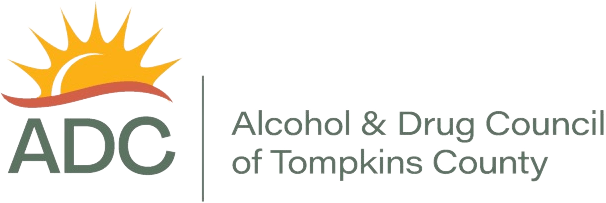Harm reduction is an evidence-based approach that is critical to engaging with people who use drugs and equipping them with life-saving tools and information to set their own goals and create positive, incremental change in their lives and potentially save their lives.
Harm reduction helps to prevent overdose and infectious disease transmission; improve physical, mental, and social wellbeing; and offer low barrier options for accessing health care services, including substance use and mental health disorder treatment.
Recovery is a process of change through which individuals improve their health and wellness, live a self-directed life, and strive to reach their full potential.
Recovery encompasses an person’s whole life, including mind, body, spirit, and community. This includes addressing: self-care practices, family, housing, employment, transportation, education, clinical treatment for mental health disorders and substances use disorders, services and supports, primary healthcare, dental care, complementary and alternative services, faith, spirituality, creativity, social networks, and community participation. The array of services and supports available should be integrated and coordinated.
